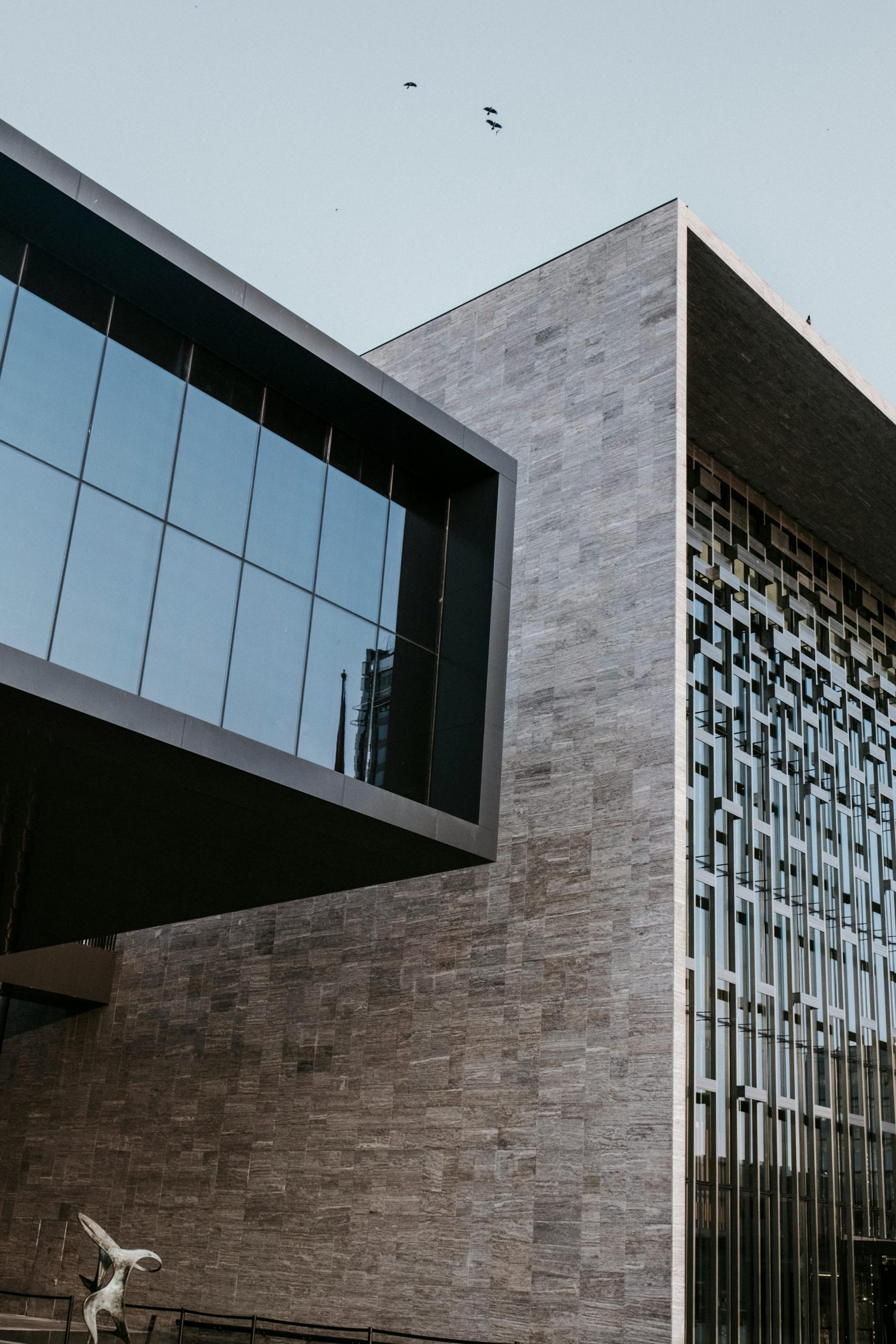Navigating the New World of Job Interviews: A Cautionary Tale
In these times where job interviews become more common yet challenging, many candidates are noticing a shift toward a more intense, and at times, adversarial interview style. The story I’m about to share is a testament to the changing landscape of job interviews.
This morning, I found myself in a tense exchange with a prospective employer. The interviewer seemed fixated on exploring my employment history during the pandemic, scrutinizing my transition from being laid off to finding a new role. This isn’t just my story; many others are experiencing this same pressure during interviews.
The Conversation:
The interviewer began by pointing out a gap in my resume between May and September of 2020. I explained that I had been part of a startup affected drastically by COVID-19. Our business, focused on nightlife, saw its revenue drop to zero virtually overnight due to restrictions.
“Really? Why’d it take you so long to find a job?” was the next query thrown at me. I paused and attempted to articulate that hiring had halted for several industries in 2020, a year marked by unprecedented challenges.
A few probing questions followed, each somewhat challenging my narrative. The inquiry turned to a more personal critique when the interviewer suggested that despite my justification, companies were hiring. I replied with a light-hearted comment that I wished I had known about those opportunities back then.
Further into the interview, the dialogue touched on the fast-paced nature of the role, expectations to drive change, and an intense workload to manage. This seemed in sharp contrast to what the HR team had initially communicated regarding onsite work expectations.
In a candid moment of reflection after the interview, I realized that this was my third encounter in the past month with such a challenging atmosphere. External recruiters often seem to be adopting this “holier-than-thou” attitude, where they prioritize aggressiveness over empathy. It’s a worrying trend that can deter potential talent rather than attract it.
Conclusion:
As we navigate this shifting interview landscape, it’s important for both interviewers and candidates to foster a more understanding and collaborative environment. Employers should strive for transparency and empathy, while candidates should prepare for these tough conversations by sticking to their story and standing their ground.
Let this serve as a reminder: we’re all in this together, striving for career growth and stability in an ever-evolving world. What are your thoughts on this growing interview trend? Have you encountered

One response
Dealing with interviews that take a more aggressive or confrontational tone can certainly be disheartening, especially when you’re faced with questions that seem to question your past decisions or circumstances beyond your control. It’s important to acknowledge that not every interviewer or company will resonate with you or recognize your potential as you see it. However, there are ways to navigate these situations to not only manage stress but also emerge with valuable insights for future interviews.
First, it’s crucial to prepare for potentially uncomfortable questions, especially if there are gaps or frequent job changes in your resume. While these are entirely normal, ensuring you have a concise and positive explanation can help. For example, during COVID-19, many industries faced unique challenges, and taking the time to find the right role amid a challenging job market is perfectly reasonable. Share your resilience and adaptability during this period—mention any skills you honed, relevant courses you completed, or freelance work you undertook.
It’s also important to recognize when aggressive questioning turns unprofessional. You have the right to remain composed and professional, but also to determine if this company aligns with your values and professional standards. If the tone or line of questioning crosses into discomfort or rudeness, this might be a reflection of the broader company culture. During the interview process, remember, you are also evaluating the company to see if it’s the right fit for you.
For roles that require being physically present more than initially discussed, clarify such details upfront in future interviews to ensure both sides are aligned on expectations. Moreover, companies that emphasize “go-getter” traits may value personal stories of overcoming challenges, so prepare to share anecdotes that highlight your proactive approach and successes.
Lastly, it’s worth reflecting on what you’d like from your next role and potential team. Interviewing is a two-way street. Searching for a company that values mutual respect and a positive culture can lead to a more fulfilling career path, even if it means continuing your search a bit longer. Consider reaching out to your network or joining industry groups online to gather insights about company cultures or even get referrals for roles that are a better fit.
Remember, each interview—good or bad—offers a learning opportunity. Use these experiences to refine your job search strategy, and don’t lose heart. There are organizations out there that will appreciate and benefit from your unique skills and experiences. Stay resilient and keep looking until you find the right match for your career aspirations.